Breakthrough Products
Renibus is a clinical stage biopharmaceutical company dedicated to treating, improving, and extending patients’ lives by developing products to prevent disease progression, improve outcomes and protect against organ damage associated with cardio, renal and metabolic diseases. Renibus’ first-in-a-new class lead program is RBT-1 (stannic protoporfin / iron sucrose), a single dose IV drug that is given over 1-2 hours, 24-48 hours prior to patients undergoing elective cardiac and/or valve surgery. It is in a Phase 3 pivotal trial to reduce the risk of post operative complications and improve outcomes following cardiothoracic surgery. The drug has received FDA Breakthrough and Fast Track Designations.
Veverimer is an oral, non-absorbed hydrochloric acid binder that was acquired from Tricida. We are targeting several indications where Veverimer’s mechanism of action as a hydrochloric acid binder within the gastrointestinal tract may provide benefit in treating orphan diseases with an unmet medical need.
Renibus has three additional assets at earlier stages of development. Learn more about our approach and our pipeline.

Featured News


